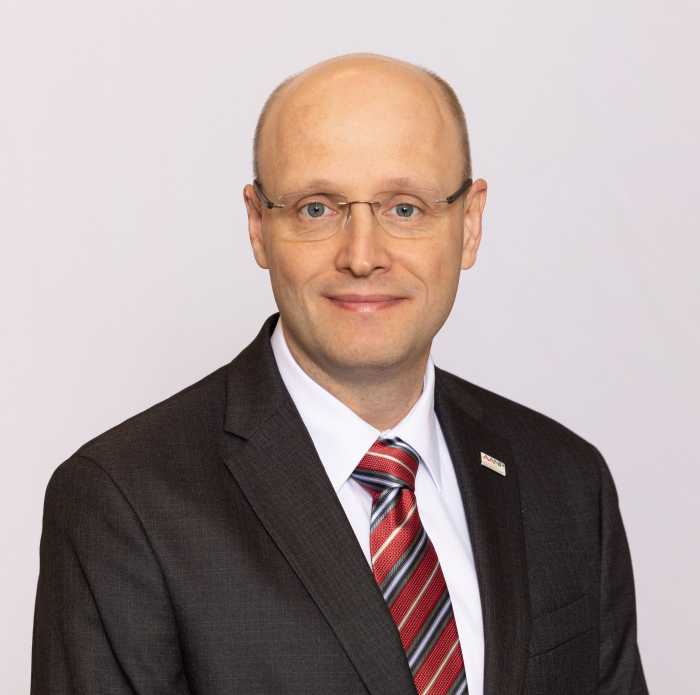Jon D. Fanning is the chief executive officer of the American Association of Nurse Practitioners (AANP), which represents 355,000 patient-centered nonprofits. He has worked at nationally recognized organizations over his 25-year career in strategic planning, advocacy initiatives, and cultivating partnerships and has been recognized for this work both nationally and internationally. He has a Master’s of Health Care Administration, is a Certified Association Executive and a Certified Nonprofit Executive Director.
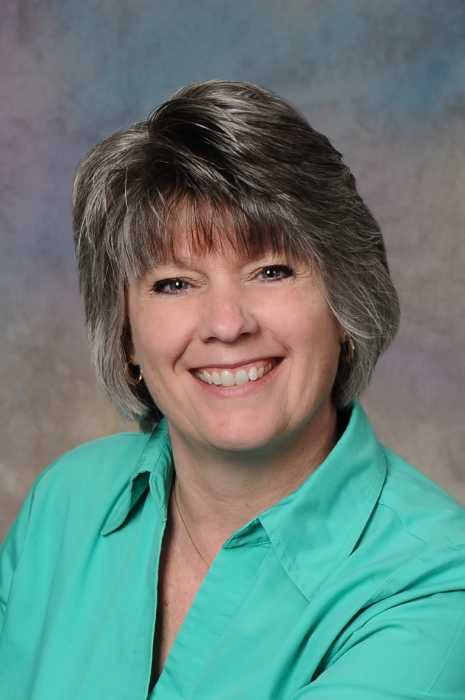
Katherine Febraio
President and CEO, New York State Association of Health Care Providers

Kathy Febraio has been the president and CEO of the New York State Association of Health Care Providers (NYSAHCP) since 2019. She is a skilled executive in managing associations and trade groups, with over 20 years of experience in the health care industry. Her areas of expertise include policy and legislative analysis, coalition building and organizational transformation. Additionally, she previously held the position of executive director at the Pharmacists Society of the State of New York, Inc. and the NYS Speech Language Hearing Association, Inc.
What influenced you to pursue a career in the health care field?
Access to health care is a fundamental human right, and every person deserves care tailored to their unique needs. Pursuing a career in health care has been driven by my belief in ensuring that everyone needs access to quality care. Adequate health care is the foundation for a better quality of life in all aspects
What is the biggest challenge currently facing New York’s health care system?
New York must be proactive in anticipating and adapting to the evolving needs of its diverse population, to ensure that everyone receives the best possible health care, regardless of their background or circumstances. With changing demographics, it’s essential to allocate limited resources thoughtfully and efficiently to cater to shifting needs. A comprehensive, strategic approach towards health care management is necessary, taking into account the distinctive health concerns and priorities of various groups and regions within the state.
How do you describe your position to people outside of the health care industry?
My role is to support a health care environment where individuals can receive care in their homes, enabling them to maintain their independence, social connections, and dignity for as long as possible. By influencing policies, regulations, and funding mechanisms that encourage choice, I can create a comprehensive environment that addresses the physical, mental, and spiritual needs of those individuals.
What can policymakers do to ensure equitable access to quality health care?
By making social determinants of health the underpinning of their decisions, policymakers can work towards creating a more equitable health care system that provides quality care to all individuals, regardless of their socio-economic background. A holistic approach to healthcare policy should prioritize inclusivity and fairness in addressing these determinants, recognizing that every person’s health is influenced by a complex interplay of factors beyond their control.
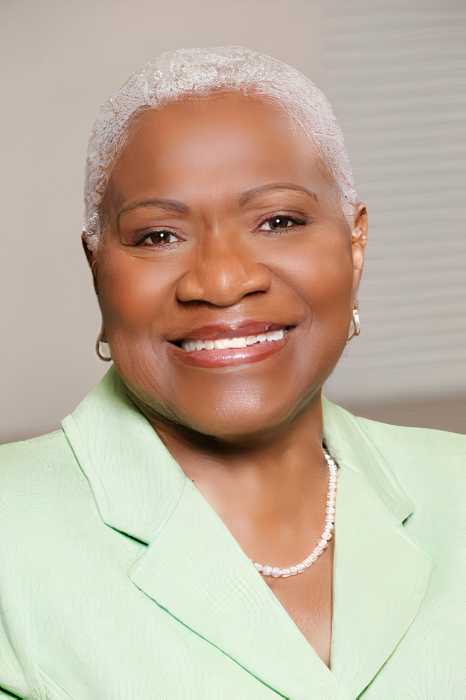
C. Virginia Fields
President and CEO, National Black Leadership Commission on Health, Inc.

C. Virginia Fields is president and CEO of the National Black Leadership Commission on Health, and has been since February 2008. She previously served in elected office as president of the Borough of Manhattan, New York City, and a member of the New York City Council. Ms. Fields has a distinguished career in her professional field of social work. She received a bachelor’s degree from Knoxville College, Tennessee, and a master’s degree in social work from Indiana University.
What influenced you to pursue a career in the health care field?
My desire and passion for breaking down barriers to improving health care has been a lifelong purpose. At the age of 12, I saw my father suffering from cancer and not receiving the quality of health care that may have prolonged and or improved his quality of life. Through my work as a social worker and elected representative, seeing the health care disparities and inequities that still exist especially for Black people serves as a motivator.
What is the biggest challenge currently facing New York’s health care system?
The biggest challenge facing the New York health care system is the fact that it is a fragmented health care system. There are different components to the health care system, including public and private systems and partnerships. These differences manifest in weak accountability and transparency that do not provide for excellent public health measures and messages. The 2020 pandemic has highlighted macro and micro reasons why a single-payer universal health care system is critical. This is the hope of the ACA’s arc.
How do you describe your position to people outside of the health care industry?
I describe my position as that of a leader, voice, and advocate to create awareness and understanding about the health disparities and inequities in the Black community that continue to be a major issue, putting millions of lives in danger each year; thereby shining a spotlight on disease areas that disproportionately affect African Americans. I promote the need for increased advocacy, policy changes, education and access to information and resources especially among policy makers, faith leaders and people of influence within targeted communities.
What can policymakers do to ensure equitable access to quality health care?
The top three priorities to strengthen health care systems post-COVID are resilience, sustainability, and equity. A resilient framework includes five basic components: awareness, diversity, self-regulation, integration, and adaptability. Sustainable health systems perform better in the detection, prevention, and control of infectious diseases outbreaks, protecting individual and global health security for peace, development, and economic growth. Equity is vital to resilience and sustainability because it is enshrined in the sustainable development goals.
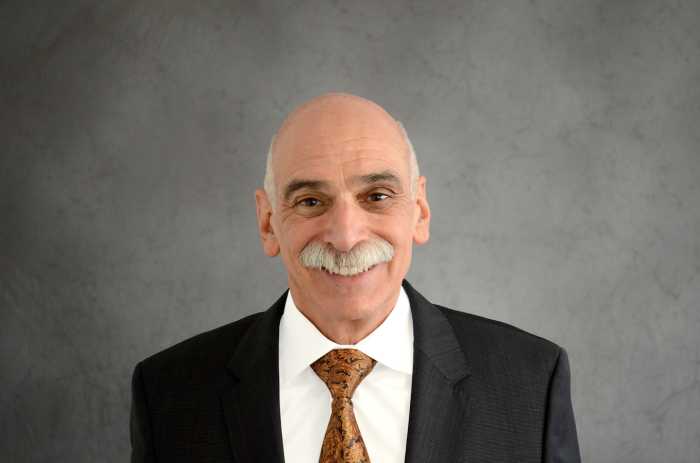
Bruce J. Flanz
President and CEO, MediSys Health Network

Bruce J. Flanz is the president and chief executive officer for the MediSys Health Network, which includes two safety net teaching hospitals, Jamaica Hospital Medical Center and Flushing Hospital Medical Center, and a skilled nursing facility. Bruce has dedicated his career to bringing the highest quality, most cost-effective health care services to all, especially the underserved communities in Queens, NY. He has transformed MediSys Health Network from an organization focused on sickness to wellness, from a provider-focused care model to a patient-focused care model, from quantity to quality, and from fee-for-service reimbursement to value-based payments/capitation.
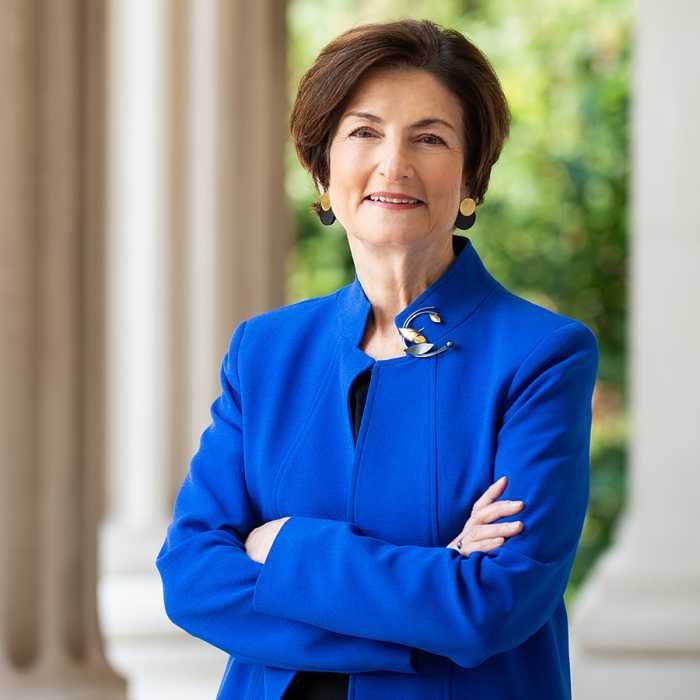
Linda P. Fried
Dean, Columbia University Mailman School of Public Health | Senior Vice President, Columbia University Irving Medical Center | Director, Robert N. Butler Columbia Aging Center

Linda P. Fried, M.D., MPH, is a leader in epidemiology and geriatric medicine. Trained in cardiovascular and chronic disease epidemiology and geriatrics, she has dedicated her career to the science of healthy aging and the prevention of frailty, disability and cardiovascular disease. A renowned scientist, she has led seminal work in defining frailty as a new clinical syndrome and major population-based studies to determine the causes and consequences of chronic diseases, multimorbidity, loneliness and disability in aging.
What influenced you to pursue a career in the health care field?
I chose a career in health care as a general internist and then a geriatrician to contribute to care for the sick and prevent disease and disability. As a geriatrician, I focused on systems of care to optimize health and function for older adults in the face of aging-related impairments. I chose public health training to help create the foundation for individuals to prevent disease, cognitive decline, frailty, and injury to create healthy longevity for all.
What is the biggest challenge currently facing New York’s health care system?
We need to move from a too-fragmented episodic system to a coordinated continuum of primary care for both treatment and prevention, for people of all ages and stages of health. This needs to include a strengthened public health system that can deliver the conditions that can create longer health spans for all New Yorkers.
How do you describe your position to people outside of the health care industry?
Having just marked our centennial, the Columbia Mailman School is educating the next generation of public health leaders, conducting groundbreaking discoveries, and delivering solutions to protect and improve the health and well-being of people everywhere. As Dean, I lead an institution that is recognized as an innovator in public health education and in next-century programs and leadership, including groundbreaking research on climate change and health, aging, gun violence prevention and data science for health.
What can policymakers do to ensure equitable access to quality health care?
Policymakers need to design and invest in an age-friendly public health system, complemented by primary care available to all, that recognizes aging as a core health issue; promotes health and prevents disease; reduces health disparities; and creates conditions for health across our longer lives and for all. One example of an age-friendly solution is to implement evidence-based programs to reduce social isolation and risk factors for illness and injury among the older adult population.
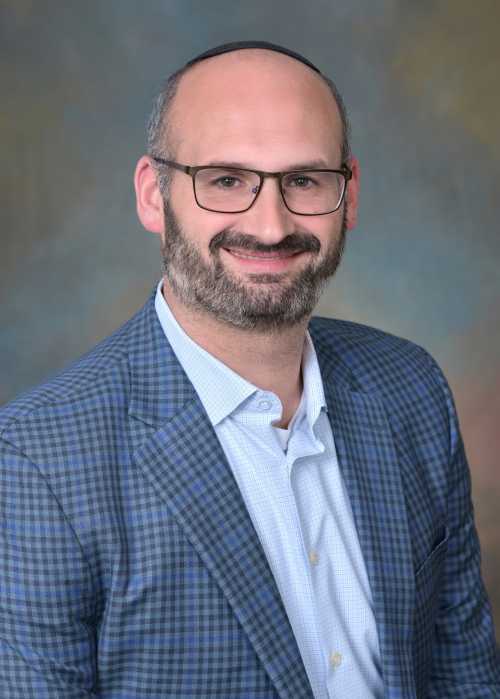
Daniel Frogel
President, CityMD

As president of CityMD, Dr. Daniel Frogel is responsible for strategy, growth and clinical quality in more than 175 urgent care locations throughout NJ and NY. Dr. Frogel was previously chief medical officer of Premier Care Urgent Care and served as an attending physician in the Emergency Department at Long Island Jewish Medical Center. He completed residencies in both emergency medicine and internal medicine at Long Island Jewish Medical Center. Dr. Frogel attended The Albert Einstein College of Medicine.
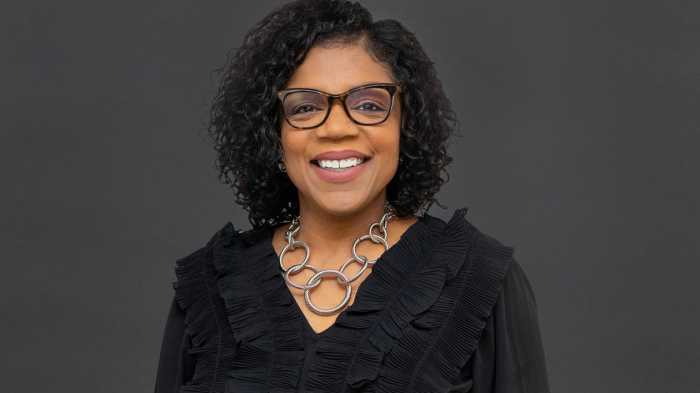
Debra Furr-Holden
Dean and Professor of Epidemiology, NYU School of Global Public Health

Dr. Debra Furr-Holden is a public health professional with expertise in health disparities and policy-level interventions to promote health equity, an award-winning scholar and epidemiologist, and the current dean of the School of Global Public Health at NYU. Recent accomplishments include publishing a seminal article on the changing racial demography in opioid overdose deaths and election into the National Academy of Medicine for her community-partnered health equity research.
What influenced you to pursue a career in the health care field?
My father died at 37; my mother died at 56. Racial disparities in health outcomes exist in this country because America was built, geographically and ideologically, to exclude and disenfranchise Black and brown people. We need more people in health care who are determined to undo this by getting racial equity baked into our society. I am committed to being the change I wish to see in the world.
What is the biggest challenge currently facing New York’s health care system?
Our biggest challenge is addressing the conditions that lead New Yorkers to poor health—for instance, a lack of affordable housing or access to healthy foods. We need to do more to harness the data available to the health care system to spot trends and develop early interventions to prevent people from living sicker and dying younger. We also have tremendous disparities in the resources available across providers and health care systems.
How do you describe your position to people outside of the health care industry?
I research the spread of diseases and the social, political, structural and environmental determinants of disease. I use my research to advocate for policies that promote health and safety for racial and ethnic minorities, economically disadvantaged communities, and other marginalized populations. I also lead a top-ranked school of public health that is preparing the next generation of public health professionals to improve health around the world.
What can policymakers do to ensure equitable access to quality health care?
Policymakers should write and enact policies to ensure equitable access to quality care for all people. For example, we have a cure for hepatitis C, but not everyone can afford it and, in many states, Medicaid will not pay for the treatment. As Reverend Dr. Martin Luther King, Jr. said, “Of all the forms of inequality, injustice in health care is the most shocking and inhumane.”

Kenneth D. Gibbs
CEO, Maimonides Health

Kenneth D. Gibbs is CEO of Maimonides Health and has led the organization since 2016. During his tenure, Maimonides established a comprehensive stroke center, adult and pediatric trauma centers, integrated Midwood Community Hospital, became a teaching site for SUNY Downstate, and conducted major facility upgrades. With 30+ years in public finance, he has chaired boards for Maimonides, GNYHA, Healthfirst, and Citizens Budget Commission. Gibbs works with the NY Safety-Net Hospital Coalition to promote health equity.
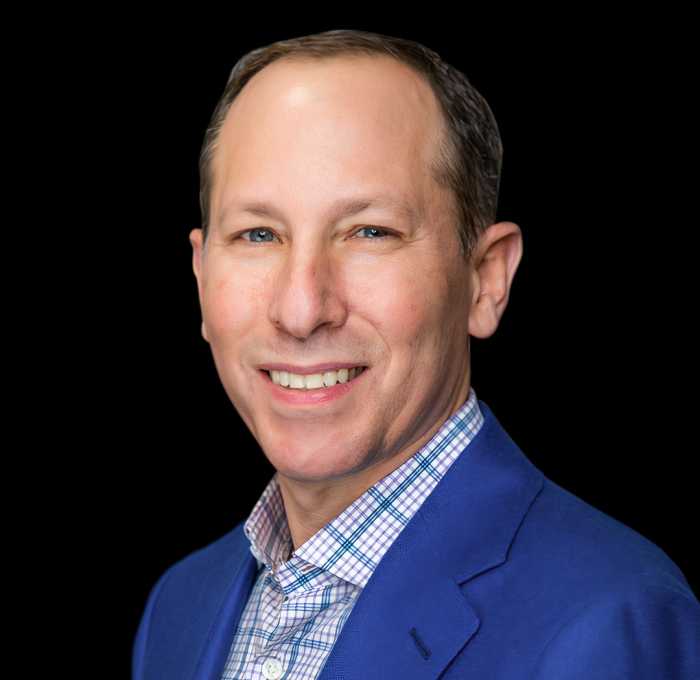
Jason Gorevic
CEO, Teladoc Health

Jason Gorevic is chief executive officer and a member of Teladoc Health’s board of directors. Since taking the reins in 2009, he has led Teladoc Health to its position today as the world leader in virtual care, achieving significant growth in membership and telehealth utilization. Under his leadership, the company has established a proven track record of driving health care transformation by executing the strategic vision, delivering award-winning innovation, and effectively integrating each corporate acquisition.
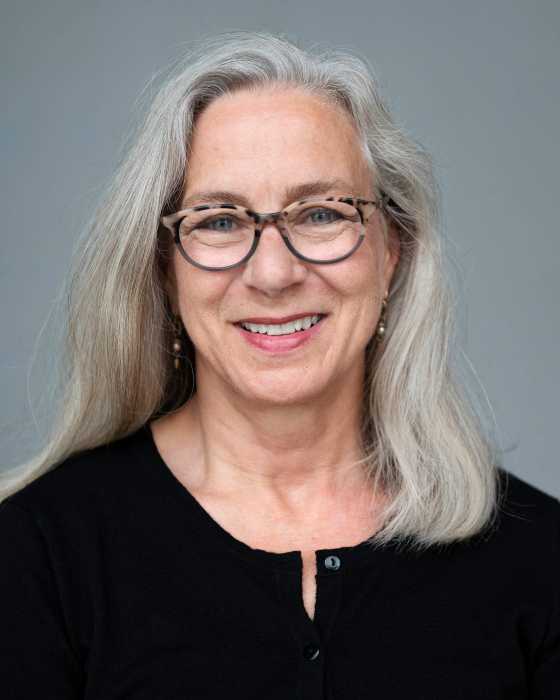
Bea Grause
President, Healthcare Association of New York State

Bea Grause is president of the Healthcare Association of New York State (HANYS), which represents nonprofit and public hospitals, nursing homes, home care agencies and other health care organizations statewide. With a background in law, nursing and advocacy on Capitol Hill, Bea leads HANYS’ work in areas including advocacy, quality, managed care, behavioral health, workforce and compliance. Bea also oversees HANYS’ for-profit subsidiaries, which provide services that help health care providers succeed in a challenging, fast-changing environment.
What influenced you to pursue a career in the health care field?
My older sister was a registered nurse and after I finished school I followed in her footsteps. I spent a decade as a nurse in the emergency department and intensive care units and while doing that work became very interested in health policy. I became, and still am, quite passionate about health care coverage – how we can improve it and make it more affordable so more people have access to the care they need.
What is the biggest challenge currently facing New York’s health care system?
There are many. The health care system isn’t built to meet the needs of today’s New Yorkers, let alone tomorrow’s. We must get smarter about what our aging population will need, the disease trends and demand for care we can predict, and the capacity required across the continuum, whether at home or in a nursing home, hospital or otherwise. We must fix how we finance health care. And we must bring more workers into the health care field.
How do you describe your position to people outside of the health care industry?
Health care is very complex. I lead a team at HANYS focused on ensuring New York’s hospitals and health systems have the information and resources they need to provide care in their communities. We advocate for state and federal policies and investments that support our members, while getting deep in the weeds on dozens of topics hospitals and their staff need to know about, so they can spend more time on their core priority: patient care.
What can policymakers do to ensure equitable access to quality health care?
Policymakers must look into restructuring how the health care system is financed, so every hospital can sustain the critical services their communities need, their communities have the supporting infrastructure and workforce required to provide all the health care and social supports their residents need, and patients, no matter their background, income or coverage, have access to quality care in a timely and affordable manner.


